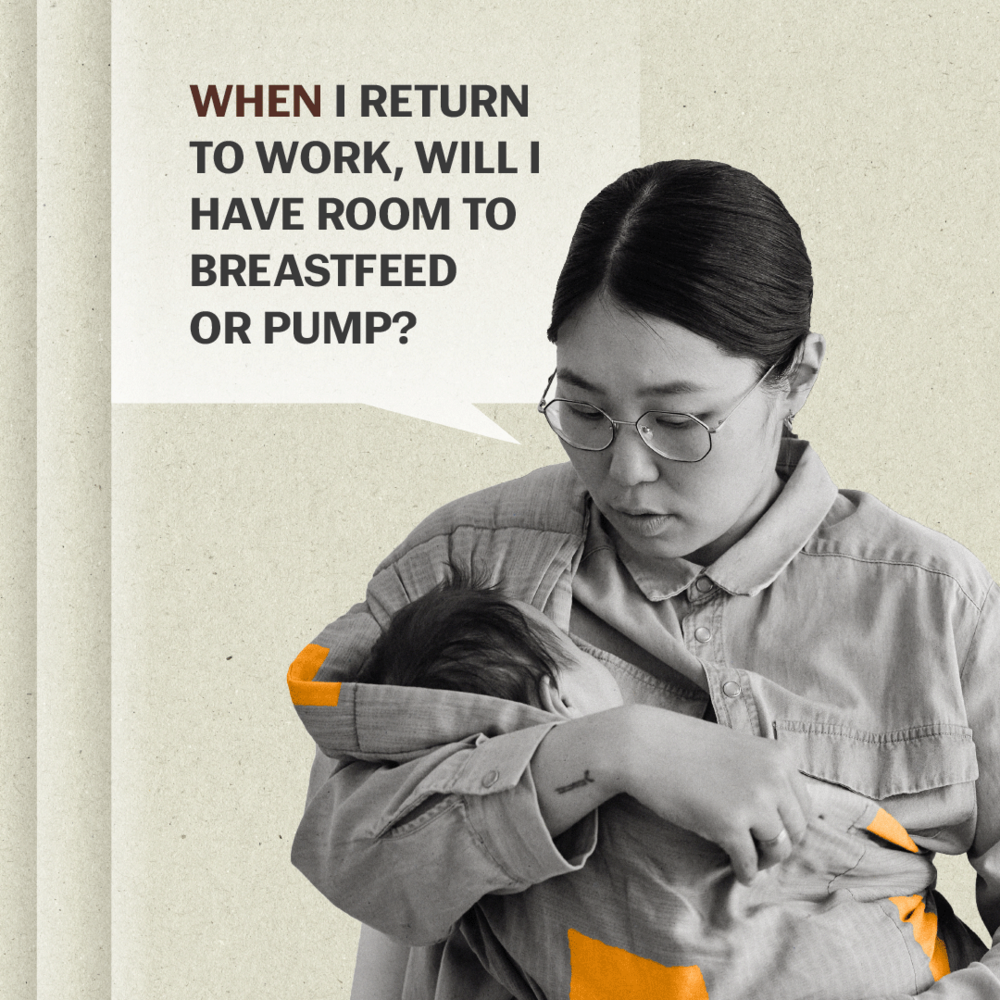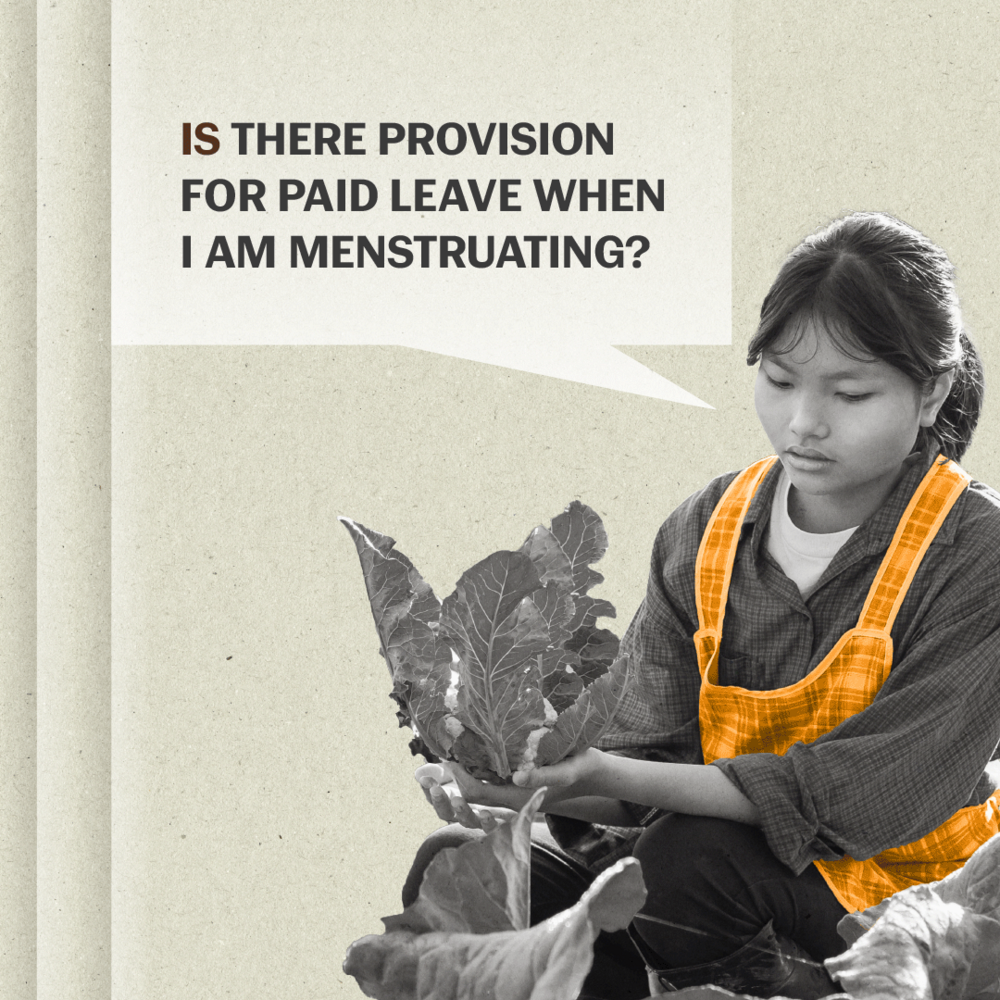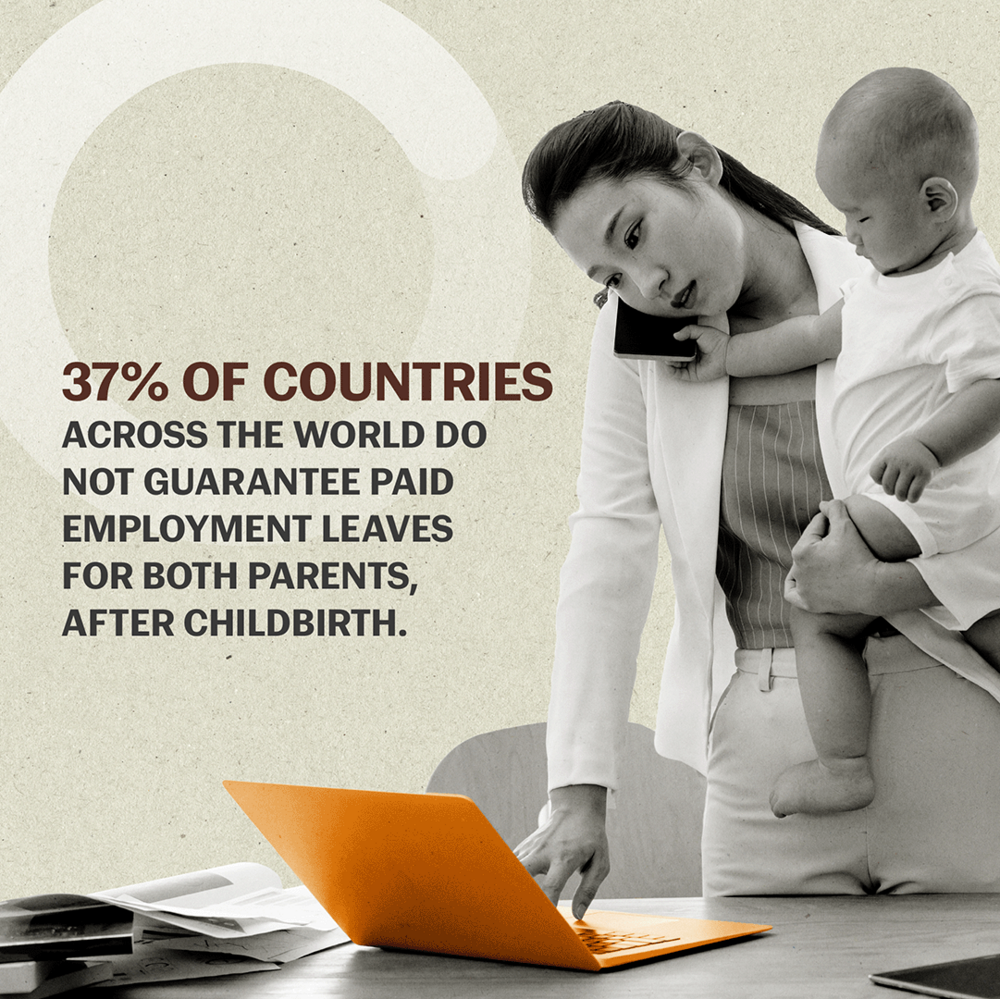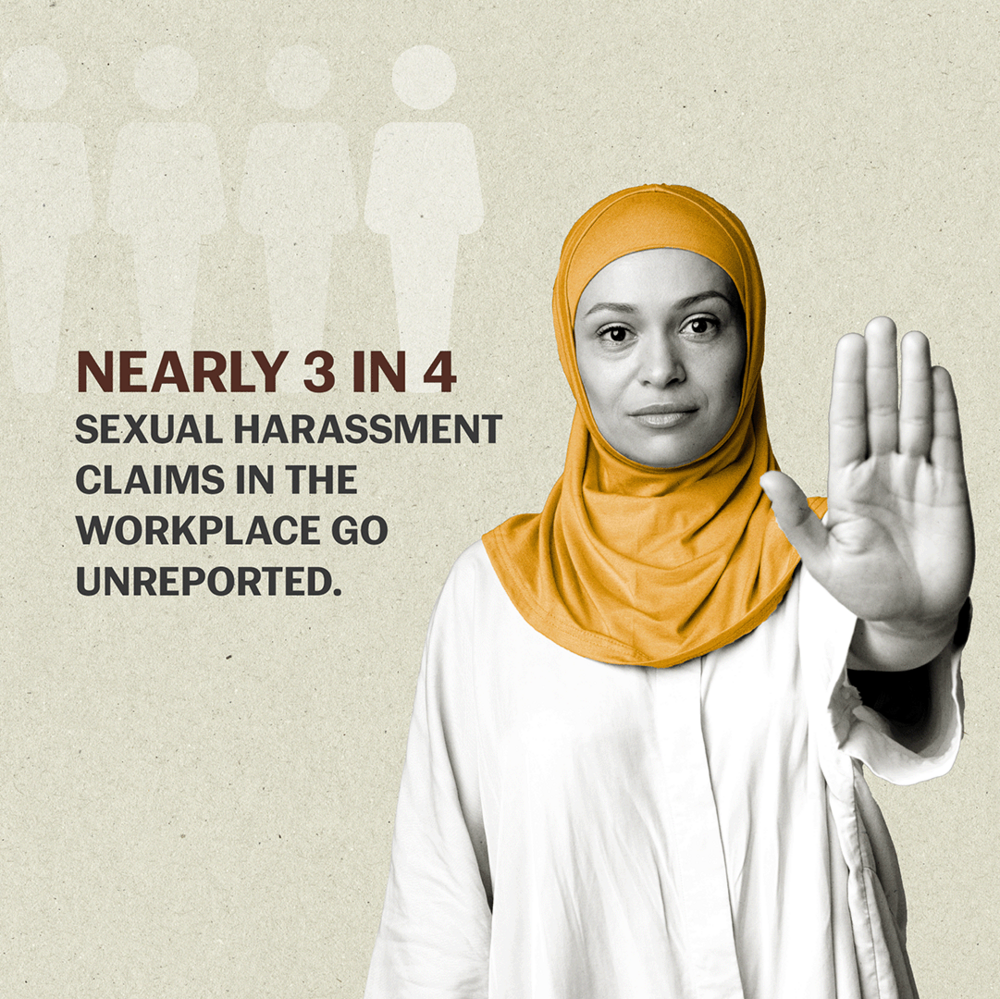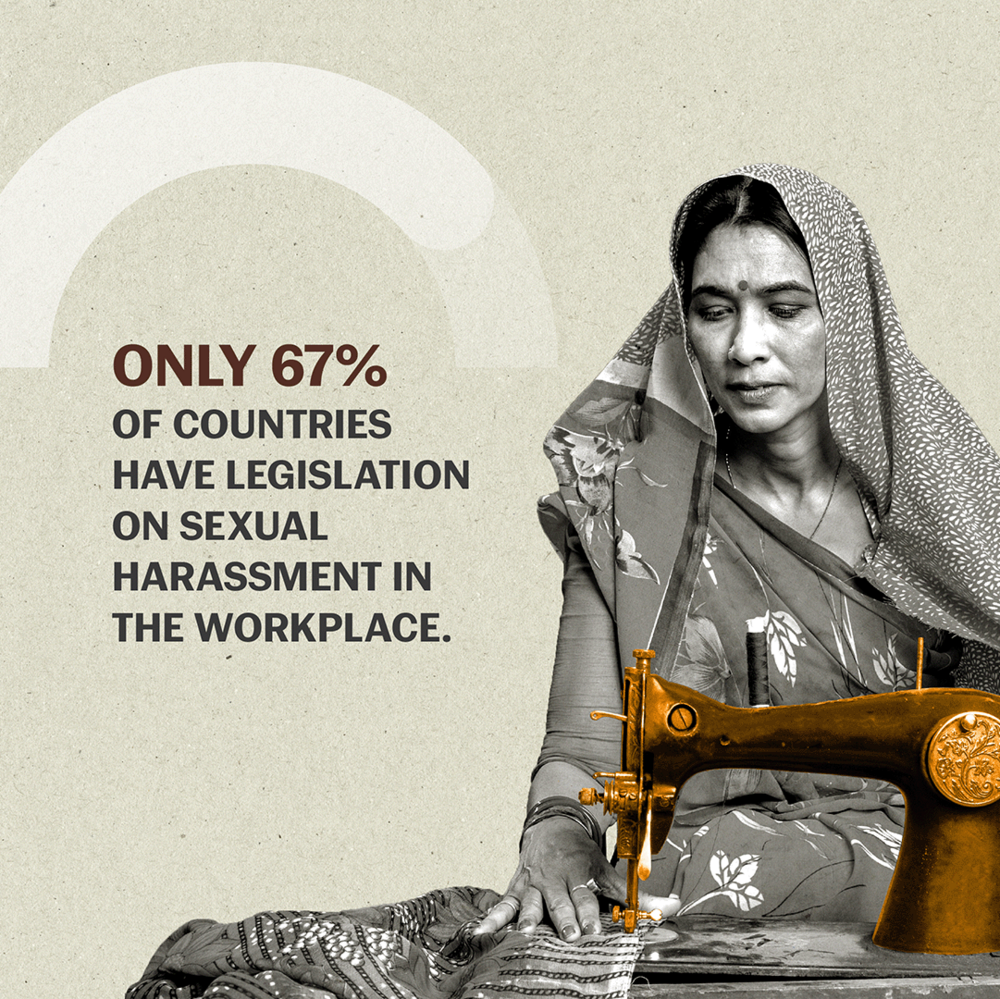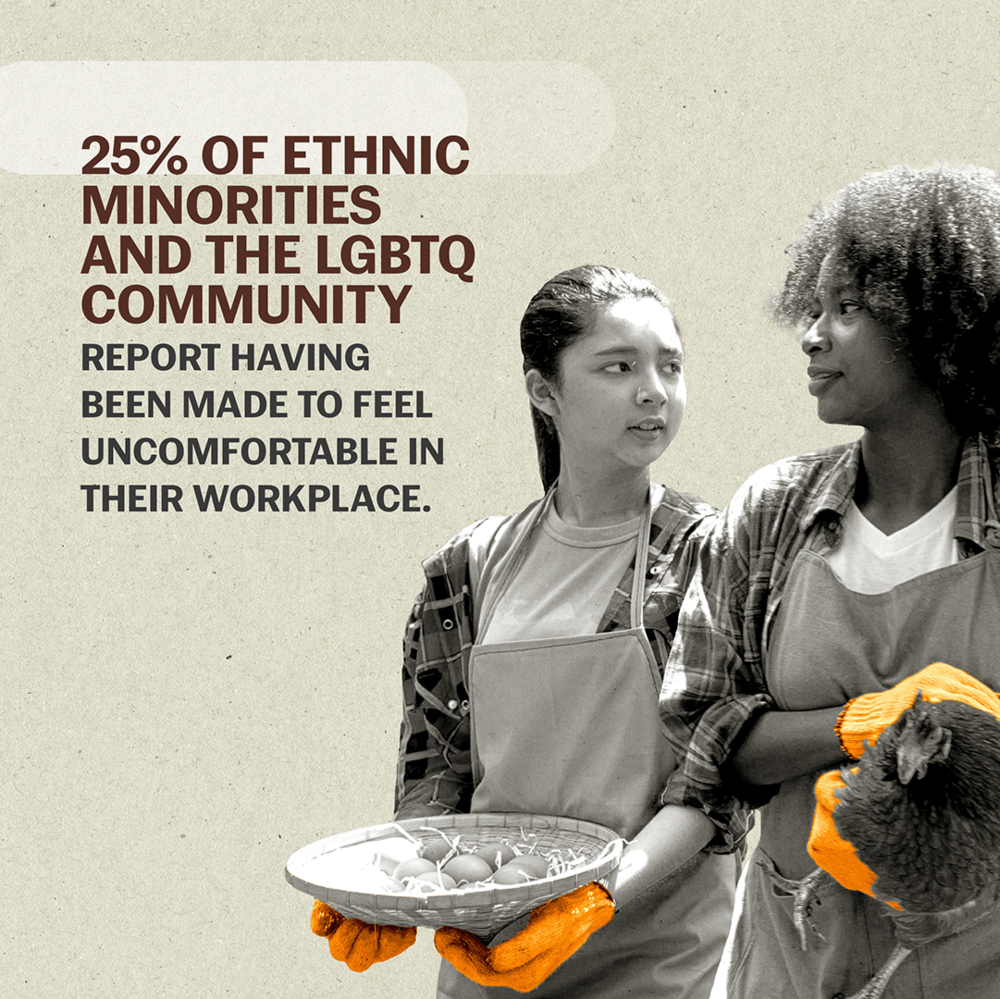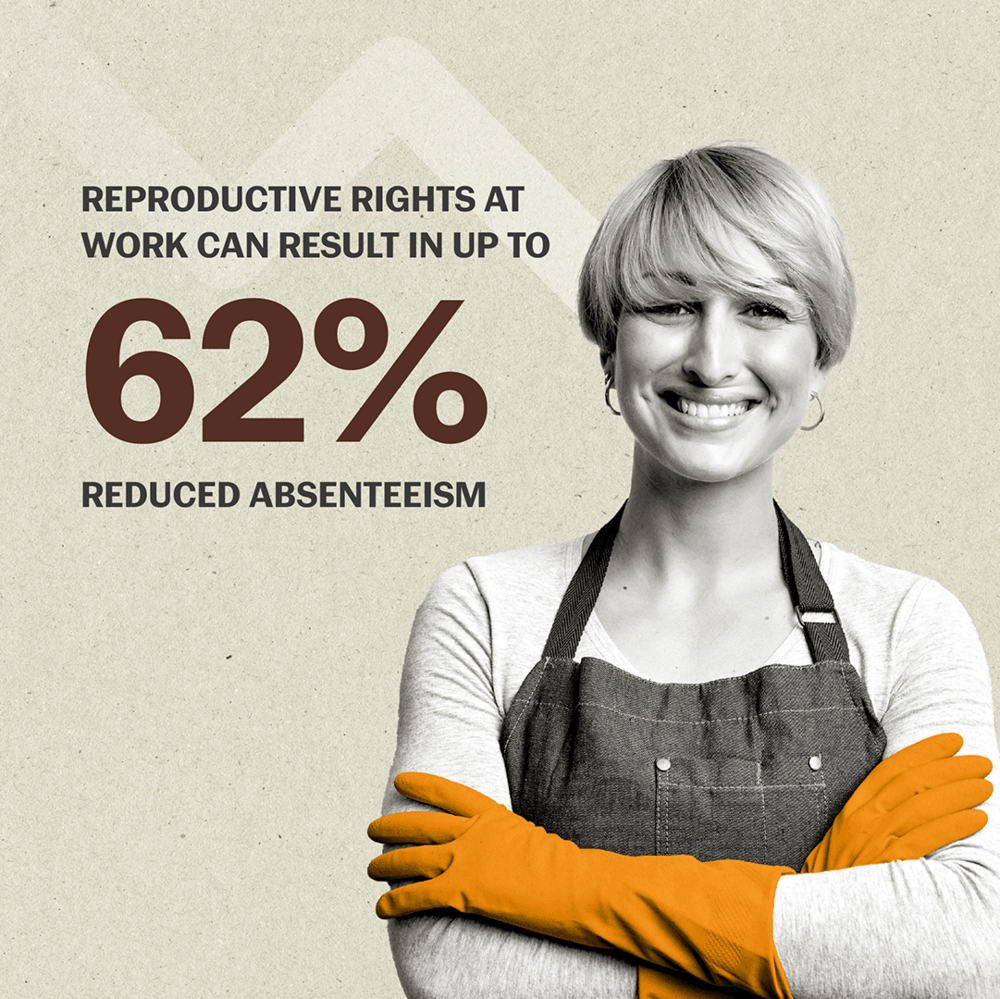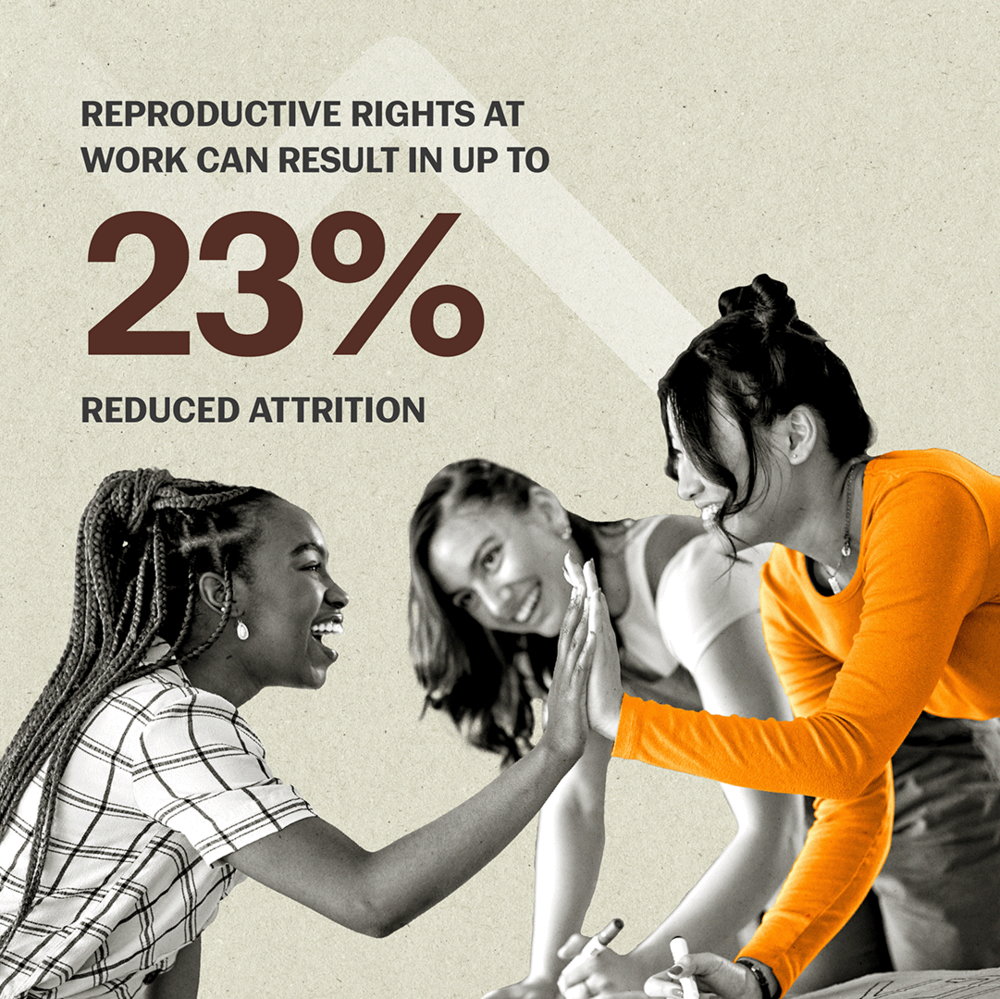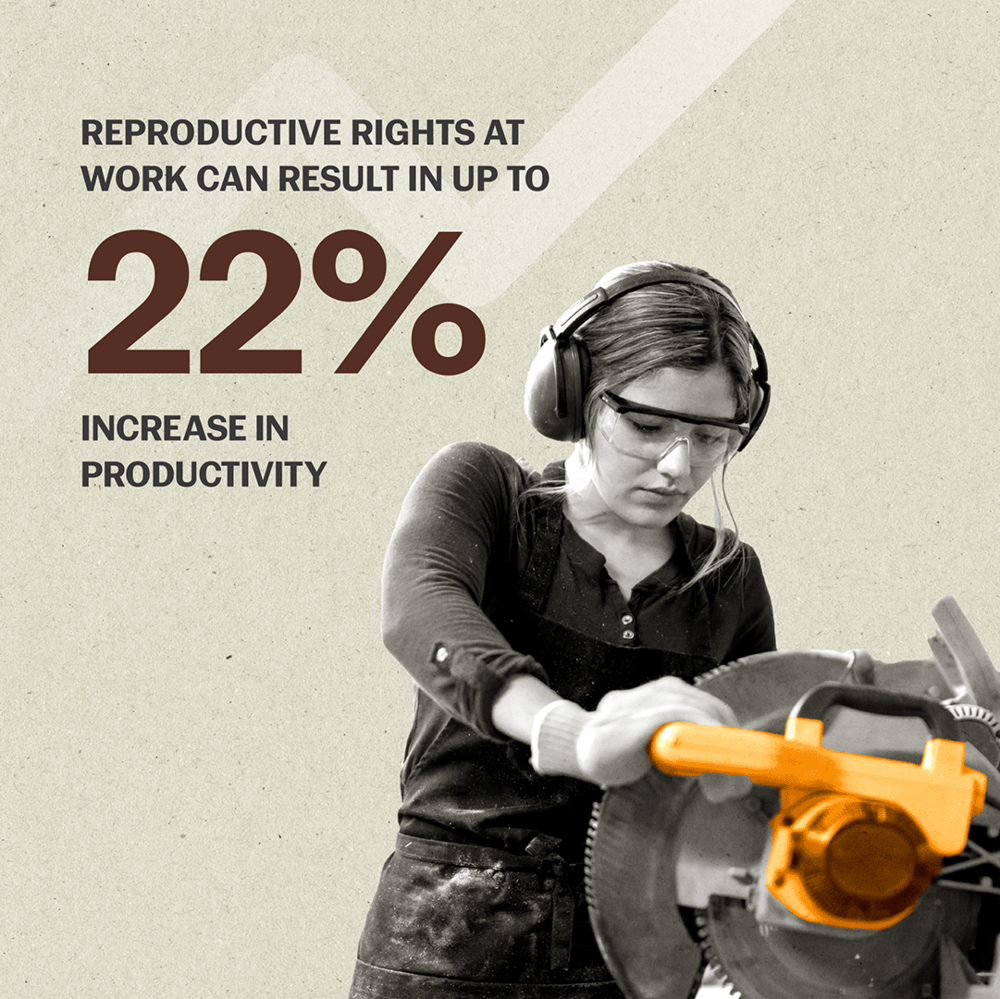The Coalition for Reproductive Justice in Business
Enabling reproductive health and rights for women through private sector action
The Coalition for Reproductive Justice in Business, established by UNFPA and partners, aims to advance and mainstream the reproductive-health agenda for women and girls in corporate strategy and operations and to ensure the provision of adequate maternal-health support, access to family-planning information and response to gender-based violence in the workplace.
More than 190 million women work in global supply chains – offices, factories, farms and packing houses that supply the world’s clothing, goods and food. Private sector organizations can not only influence reproductive rights for their employees, but can also leverage their lobbying power to impact their customers, suppliers, and communities. The coalition aims to support the private sector in creating and implementing policies for sexual and reproductive health and rights that improve workplace standards for women.



